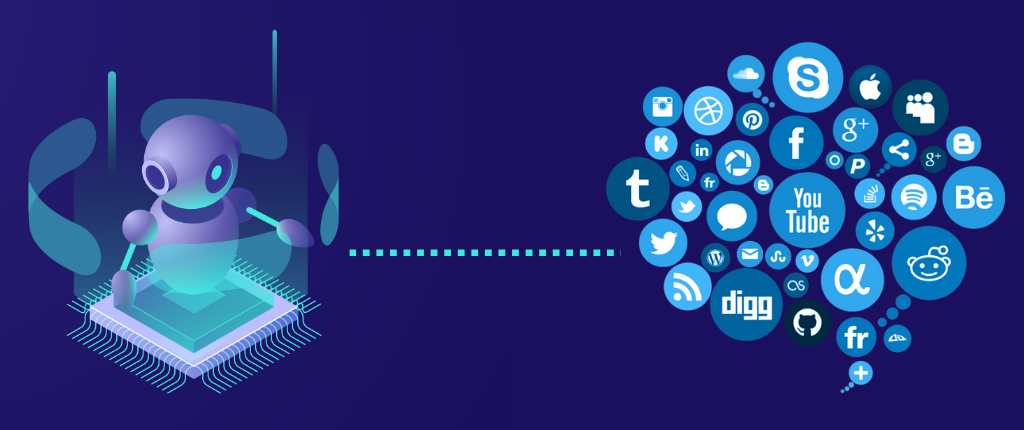Personalized messaging and effective targeting of consumers are key marketing goals. AI can help automate and streamline processes, allowing marketers to focus on developing content that resonates with customers and converting them into repeat purchasers.
Artificial intelligence can analyze vast amounts of customer and lead data much faster and more accurately than humans. This helps marketers make more informed decisions about their business operations and strategies.
AI can automate and personalize customer engagement
A personalized customer experience is key to a successful digital marketing strategy. AI can help marketers automate and personalize their marketing campaigns by collecting data from a variety of sources. This information is then used to create personalized content and targeted advertising. This can help businesses save time and money while delivering a more personalized customer experience.
In addition, AI can help to automate repetitive tasks and free up time for human marketers to focus on high-level strategic initiatives. This can improve the overall effectiveness of the marketing team and increase ROI.
AI can also be used to analyze consumer data and identify trends. For example, a company may discover that certain demographics are more interested in certain types of products. This can help them target those demographics with relevant marketing materials. This type of personalization can increase sales and customer satisfaction.
AI can create personalized marketing experiences
A personalized marketing experience is a key to boosting customer engagement and retention. AI-powered personalization tools can automate and streamline data analysis, targeting, and campaign creation, freeing marketers to focus on strategy and creativity.
This technology can also help marketers create hyper-personalized marketing experiences at scale. It can identify customer preferences, behavior patterns, and purchase history to tailor content, offers, and recommendations. This can improve customer engagement and boost sales.
For example, a customer who browses a pair of slacks on a retail website may later see an ad for the same pair on social media, with a discount offer to encourage them to buy. This omnichannel personalization makes the customer feel understood and valued.
Similarly, the popular video streaming service Netflix uses AI to recommend specific content based on the user’s tastes and preferences. This personalized approach has boosted viewer engagement and helped Netflix retain its loyal customer base.
AI can help with lead generation
AI can streamline and personalize lead generation to help marketers make better decisions and improve conversion rates, productivity, and ROI. For example, AI can collect and analyze historical data to provide a comprehensive view of customer and campaign performance. This helps marketers identify which strategies and touchpoints were most effective in converting leads into customers.
AI tools can also use predictive analytics to determine the probability of each lead becoming a consumer. Using this information, businesses can prioritize and concentrate their resources on the best-performing leads.
AI assistants can automatically follow-up on leads and nurture them until they’re ready to speak with a sales representative. This saves time and effort for the marketing and sales teams. Additionally, AI tools can automate the process of identifying the right content to send to each lead, improving response rates. Moreover, AI can optimize marketing campaigns by changing ads and content in real-time based on results. For example, if an advertisement featuring a free trial offer performs better than one with a discount, AI can change the call-to-action (CTA) in the ads to increase the number of conversions.
AI can help with customer service
AI can help businesses improve customer service by automating common inquiries and providing around-the-clock support. This allows human employees to focus on more complex and personalized interactions that drive higher customer satisfaction, retention, and sales.
Chatbots can help companies provide personalized customer experiences and collect user data, which helps them build trust with customers. They can also be used to recommend products or services that are a good fit for each individual.
Zendesk AI tools like Intelligent Triage and AI in the Context Panel allow teams to work faster by analyzing customer conversations, prioritizing them, and routing them to the right agent. Additionally, AI summarizes email threads to help agents quickly understand context and make informed decisions. This is especially helpful when a team member leaves, or when a conversation shifts between different support channels. It can also help teams identify key words or phrases that indicate when a conversation needs to be escalated. It can even translate messages if needed.ai marketing


